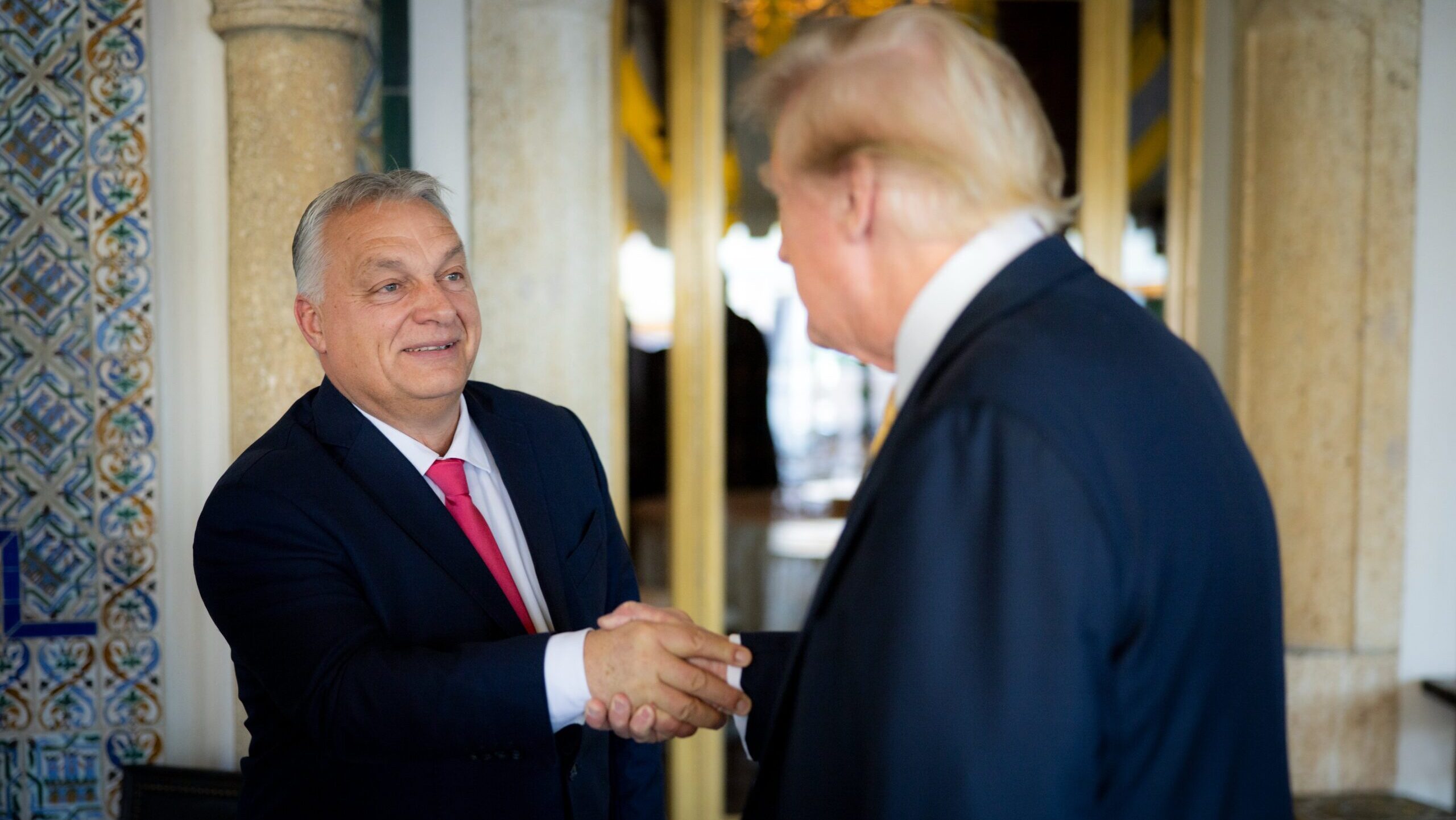Despite Ukrainian President Volodymyr Zelenskyy’s firm rejection last week, there remains a possibility that the Christmas ceasefire proposed by Hungarian Prime Minister Viktor Orbán could still be implemented. In a recent interview with CBS News, US President-elect Donald Trump’s nominee for national security advisor, Mike Waltz remarked: ‘We need to stop the fighting. If that is some type of ceasefire as a first step, again, we’ll take a hard look at what that means.’
Waltz also noted that the relationship between Orbán and Trump is particularly good, and the Hungarian PM’s ‘regular engagement’ with Russia could play an important role in the future. ‘I would hope the entire world would want to see some type of cessation to the slaughter that is happening in eastern Ukraine,’ he emphasized.
When asked whether it was Trump’s message that Orbán delivered to Putin during their phone call on 11 December, Waltz responded: ‘I’m not going to get into specifics of back and forths.’ However, he firmly stated: ‘President Trump has made it clear he wants this war to stop.’
Watch the full interview below:
Waltz says Orbán “clearly has a good relationship with Trump,” key to Ukraine diplomacy
Rep. Michael Waltz (R-FL), selected by Donald Trump to be the national security adviser in the new administration, tells “Face the Nation with Margaret Brennan” that far-right Hungarian leader Viktor Orbán “clearly has a good relationship” with the president-elect and that will be key to ending the war in Ukraine.
As reported by Hungarian Conservative, at the conclusion of Hungary’s EU Presidency, set to end in December, Viktor Orbán initiated a new peace mission. Within just over a week, he held discussions with Pope Francis, Donald Trump, Vladimir Putin, and Turkish President Recep Tayyip Erdoğan. According to Hungarian Minister of Foreign Affairs and Trade Péter Szijjártó, the prime minister also sought to engage with Ukrainian President Volodymyr Zelenskyy. However, in what Szijjártó described as ‘a gesture quite unprecedented in diplomacy’ and ‘somewhat strained, though cultured’, Zelenskyy declined the meeting.
At the conclusion of his peace mission, Orbán proposed a Christmas ceasefire to the warring parties, including a large-scale exchange of prisoners of war. According to the Hungarian PM’s post on X, the proposal was rejected by the Ukrainian side. In contrast, Kremlin spokesman Dmitry Peskov stated that Russia fully supports the initiative. He also noted that the Russian Federal Security Service (FSB) had already shared details of a potential prisoner exchange with the Hungarian embassy.
Throughout his presidential campaign, Donald Trump has consistently advocated for an end to the bloodshed in Ukraine and a peaceful resolution to the conflict between Kyiv and Moscow. He has repeatedly stated that, if elected president, he would bring Putin and Zelenskyy to the negotiating table the day after his inauguration.
All indications suggest that Donald Trump is indeed making significant efforts to fulfil his campaign promises. The nomination of Marco Rubio as Secretary of State, Mike Waltz as national security adviser, and Keith Kellogg as US special envoy for the war in Ukraine—a newly created position under the incoming administration—clearly signals a shift in Washington’s approach. These appointments suggest a reduction in the billions of dollars currently being directed toward the Ukrainian military and a move away from policies that continue to fuel the conflict.
Following his recent meeting with Donald Trump, Viktor Orbán remarked: ‘If two men sit down to talk today, whether in Europe or America, it is almost impossible to avoid the topic of peace and war.’ He noted that Trump is currently not in a position to negotiate a ceasefire with Russia or Ukraine but expressed optimism about a shift once Trump is inaugurated on 20 January. ‘I am confident that once Trump takes office, we will see the beneficial effects of this,’ Orbán said.
Trump also called for an immediate ceasefire and urged negotiations between Russia and Ukraine after meeting with Volodymyr Zelenskyy in Paris on 7 December.
Related articles:








